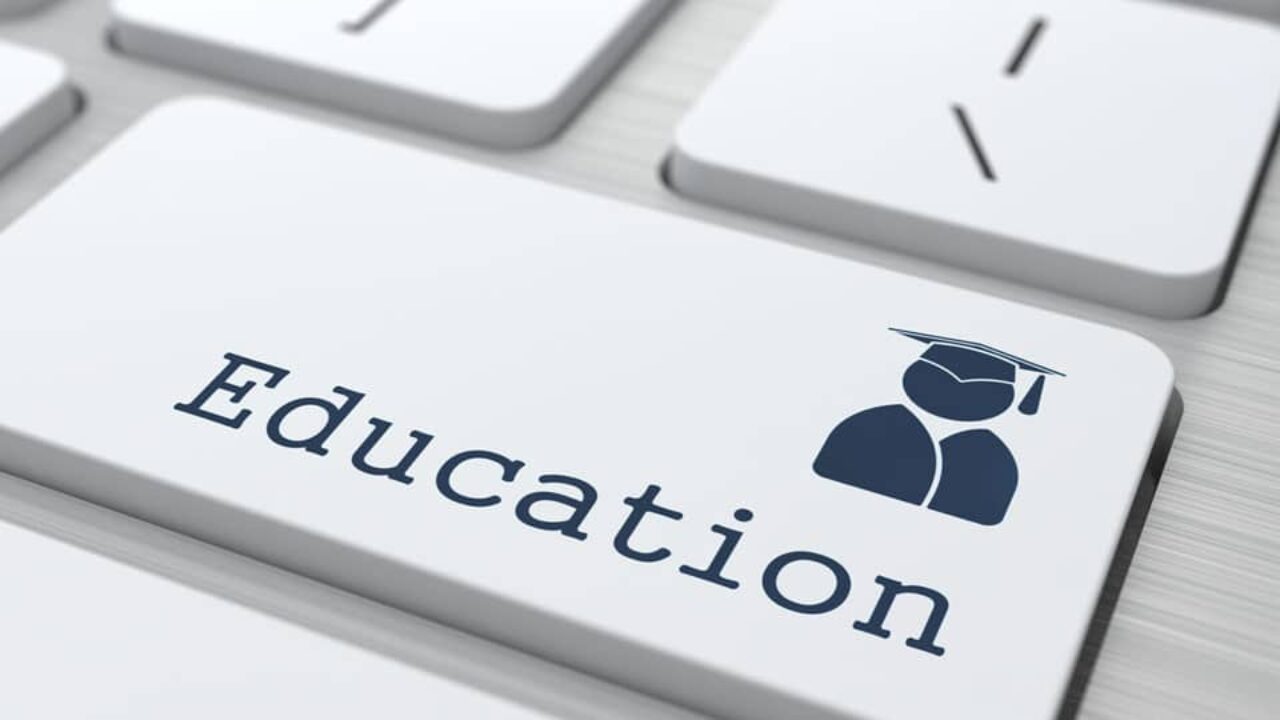Planning and management are the key tasks in any educational institute. Whether it be a high school or a university, it is vital for you to have a clear and effective strategy of planning and management. But how to do it?
Many schools and institutes often fail to meet the needs of the modern generation due to a lack of effective planning and management. When running a school, it’s essential for you to develop a strategy that ultimately helps you to cope with modern challenges.
Here, most of the educational technology providers assist you by bringing effective ERP software solutions such as education management system. It helps you to automate your managing process and enables you to get transparency throughout the operations.
But what are the right strategies for planning and management in education? Here, today’s blog shares the most effective planning and management strategies in education. So, let’s get started.
Table of Contents
Top Key Strategies of Planning & Management in Education
Planning and management are often separated in schools, but they’re actually two sides of the same coin. While a school might have one or more people doing planning, it also needs someone to keep track of the plans and make sure they get implemented.
The same goes for managers: They oversee teachers and other staff members so that they can ensure that all students receive an excellent education. Fortunately for educators and school leaders everywhere, there are several strategies you can use to make sure your school has everything it needs for success.
1. Set Goals & Objectives
Goals and objectives are the foundation of the planning process. They should be specific, measurable, and realistic. This means that they should cover a wide range of information about your institute’s goals and how it will achieve them.
Goals and objectives can be positive or negative in nature; however, it is important that they be stated in a positive way so that you do not create unrealistic expectations for yourself or others who work within your organization. For example: “We want our students to graduate from high school with at least an average GPA of 3.5” rather than saying “Our goal is to ensure no student fails algebra twice before graduating from high school.”
SMART goals are also important when creating objectives because they generally contain one key element per objective: Specific: The objective should address what exactly you want to achieve; Measurable, realistic, and valuable.
2. Teaching Methods
Teaching Methods are the ways in which teachers teach their students. They can be used to teach any subject or topic. Some of these teaching methods are:
- Digital Learning
- Demonstrating
- Guiding & Directing
These methods help students learn because they give them an opportunity to do practical activities that will help them understand what they are learning. Examples include group work, role-playing, and simulations. These strategies may also be used by teachers to improve their own teaching skills by observing others’ presentations or watching videos online that explain complex concepts in detail
3. Curriculum Determination
A curriculum is a set of courses and their related activities that students are required to complete in order to complete the program. It can also be referred to as a course syllabus or course outline. A curriculum determines what students need to know, how they will learn it, and when it will be taught.
Curriculum Determination: The process by which decisions about what should be taught are made during the planning stage of education; usually involves making comparisons/contrasts among various approaches (e.g., teaching styles) so that a consensus is reached among faculty members regarding which model(s) should be used for future instructional delivery processes.
4. Evaluation and Accountability
Evaluation and accountability are two important strategies that can help you plan more effectively. Evaluation is the process of collecting data about a student’s academic performance, including their knowledge, skills, interests, and behaviors. This information will be used to determine what areas need improvement and how they should be addressed.
Whereas accountability refers to ensuring that teachers have all necessary resources in order to provide students with an equitable educational experience. The goal here is not just ensuring students receive a quality education but also allowing them equal access so everyone has an equal opportunity at success!

